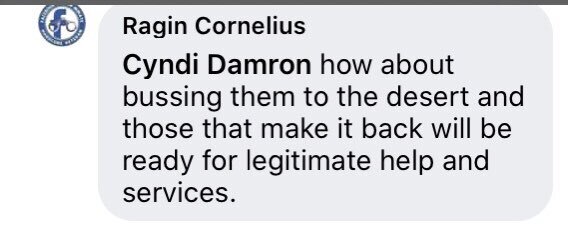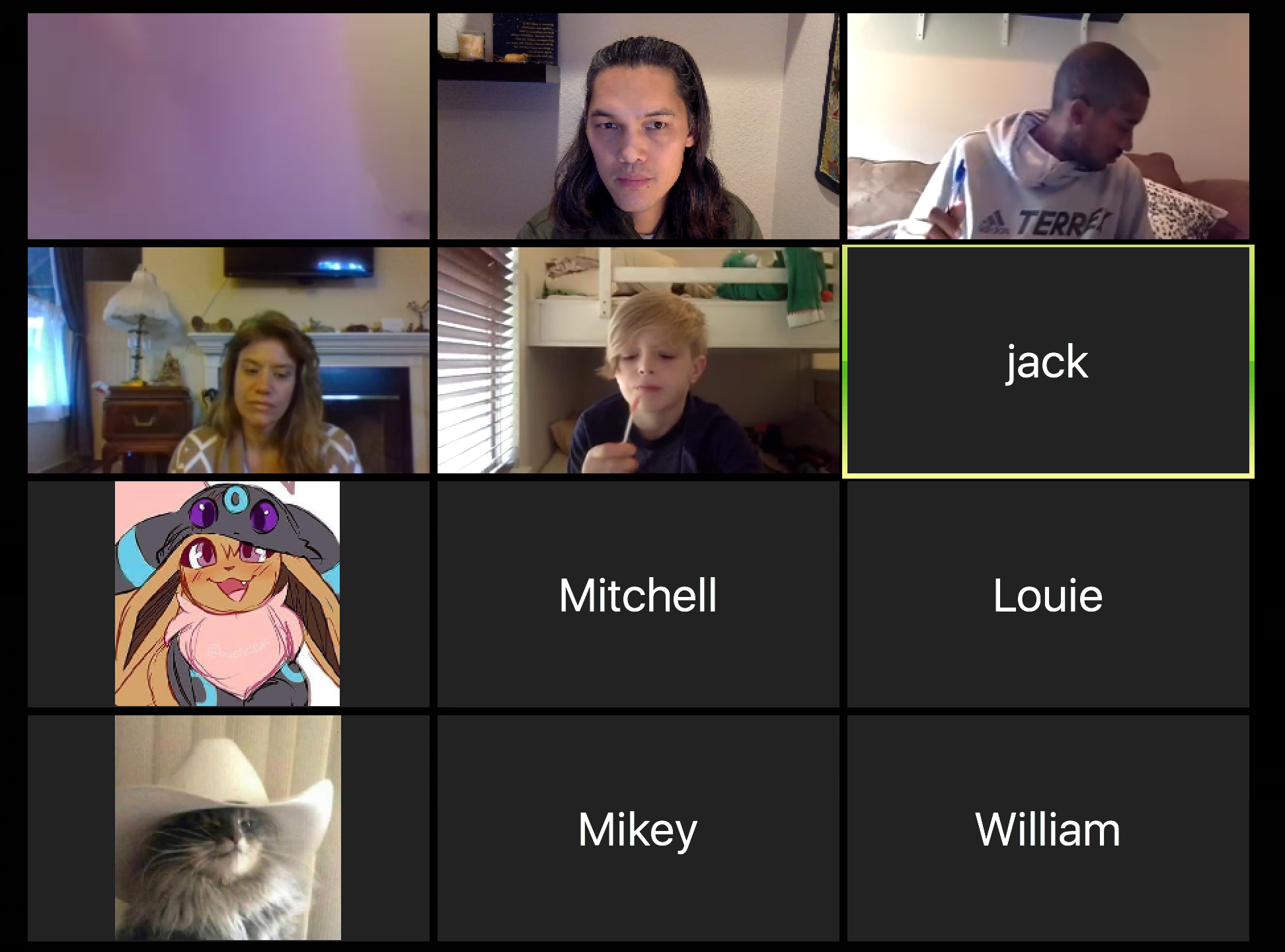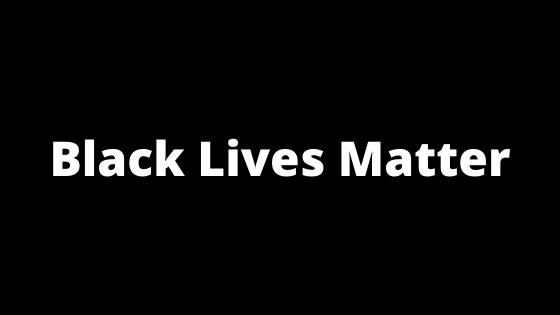On May 1st, 90,428 people voted for Proposition B, re-criminalizing houselessness in Austin, TX. Only 66,292 people voted against the proposition. Austin had long criminalized homelessness through a no sit, no lie ordinance that allowed the police to ticket and arrest the houseless—yes, for sitting or lying down in public. But in 2019 the city council voted to decriminalize sitting and lying down in public, which at the time seemed like a big win for civil liberties and civil rights, locally. Of course the police harassment and abuse of the houseless that preceded no-sit, no-lie continued even after city council removed the ordinance, but far fewer houseless people were being ticketed and arrested which helped limit a lot of the harm.
In February of 2020, the political action committee Save Austin Now started a petition drive to reinstate the City’s camping ban. A second petition attempt succeeded in February of this year, leading to the ballot measure being included in the May election. When people attacked the effort saying that criminalization was anti-homeless and did not do anything to help end houselessness, Save Austin Now and their allies (such as the Austin Police Association) often argued that they were not trying to criminalize homelessness—that they were actually trying to help the homeless! But the language of the proposition is unambiguous, it focuses wholly on criminalization and not at all on helping the houseless:
Shall an ordinance be adopted that would create a criminal offense and a penalty for sitting or lying down on a public sidewalk or sleeping outdoors in and near the downtown area around the University of Texas campus; create a criminal offense and penalty for solicitation, defined as requesting money or another thing of value, at specific hours and locations or for solicitation in a public area that is deemed aggressive in manner; create a criminal offense and penalty for camping in any public area not designated by the Parks and Recreation Department?
The new ban is expected to go into effect on May 11th. Currently, we do not know what that means. Will the police immediately begin ticketing and arresting the houseless? Will the city or the state begin to raze current encampments? Or will the city wait until more support is in place to help the houseless people who will be displaced? The questions are coming not just from the houseless and those who care about them, but also the supporters of Proposition B.
What we all know, those who care about the welfare of the houseless as well as those who want to disappear the houseless, is that Proposition B is intended to harm the houseless. Fines, jail time, and threats of violence only deepen the struggles of the houseless community, making it more difficult for them to escape houselessness. It is uncivilized and inhumane to punish people for being too poor to afford a safe place to go. The harm of criminalizing houselessness is tangible and real. Those who support Proposition B are okay with harming the houseless because they just want them out of sight and out of mind—in jail, in prison, pushed out to another city, or dead.
Image created by Eli H. Spencer Heyman (Twitter: @elium2)
It is no surprise that the people who are most in support of criminalizing houselessness tend to be those who feel most removed from the threat of falling into houselessness, and who do not see the humanity in those they see as the other. The map of voter support for Proposition B (see image) maps quite well onto the map of financial support for Save Austin Now, as well as onto the higher income neighborhoods of the city. While the initiative was driven by Republicans, it was successful because of the eager support of a large share of affluent Democrats and independents.
Unfortunately, it was also supported by too many educators, as well. As I pointed out a week ago, wannabe school board members and too many educators have rallied around issues such as criminalizing houselessness, protecting and promoting white supremacy, attacking trans kids, and removing pandemic safety protocols from public and private spaces and organizations. What all of these positions have in common is the dehumanization of historically marginalized and oppressed groups, or a complete disregard for the lives of those groups.
I was recently made aware of some eager and harmful social media comments by a local nature educator who serves many homeschooling families and some local school communities. His name is Chris Hyde and he is the founder and leader of Natureversity. The reason I feel compelled to call him out by name and raise this point is two-fold. First, it is vital for people in alternative education communities and the homeschooling and unschooling communities to understand that a disregard for the humanity of others is not congruent with a belief in child and youth liberation, as liberation requires a commitment to anti-oppression as a base to build off of. Second, Abrome paid Hyde to take us through a multi-day outdoor training last summer, and one of the Facilitators at Abrome had previously worked with him at another organization, and it is important to us that we publicly distance ourselves from his rhetoric and actions.
Some might dismiss Hyde’s comments as focused on cleaning up trash, whether he meant picking up actual garbage, or if perhaps he considered the personal belongings of displaced people to be trash to clean up. We know for a fact that in the past the local police have forced houseless people to leave their stuff behind at the threat of arrest, and then they would trash their personal belongings, or a ‘cleanup crew’ would come in and threw everything away. They’ve even destroyed water bottles in the summer, and thrown away mobility devices. Some might even question whether cleaning up is a euphemism for disappearing people, such as mass arresting the houseless, or putting them on buses with a one-way ticket out of town. Hyde’s comments did not appear to go that far, but plenty of people on the same “Take Back Austin” Facebook page thread were willing to go there (images attached). Take Back Austin, by the way, seems to be a collection of anti-houseless, pro-MAGA folks led by right-wing City Councilwoman Mackenzie Kelly who somehow feel that the affluent Austinites need to take back their city from houseless folks. As if the houseless have any power whatsoever. Inhumane and delusional.
We had some difficult conversations around houselessness during the training that we did with Hyde this summer. We made clear why we would not call the police on the houseless, and we argued that houselessness is a choice made by society far more than it is a choice made by those experiencing it. That in a just, compassionate society that prioritized the wellbeing of everyone, that houselessness would not exist. We clearly did not move him to recognize the humanity of houseless people, or our collective responsibility to each other and the environment.
Whether or not to criminalize houselessness is far more than a question of aesthetics, or a effective tool to combat houselessness. It is a question of ethics, and a question of what type of society do we want to live in. Any educator who believes that all children should be treated as full people must be opposed to the othering, marginalization, and oppression of the houseless. After all, over 2 million children experience houselessness each year. Instead, educators should be working to help change the conditions of society so that children are able to grow up in a world that will nurture them and allow them to contribute to their families, their friends, their neighborhoods, and to improve the human condition. And in order to help create that world we must begin with a firm commitment to anti-oppression.











